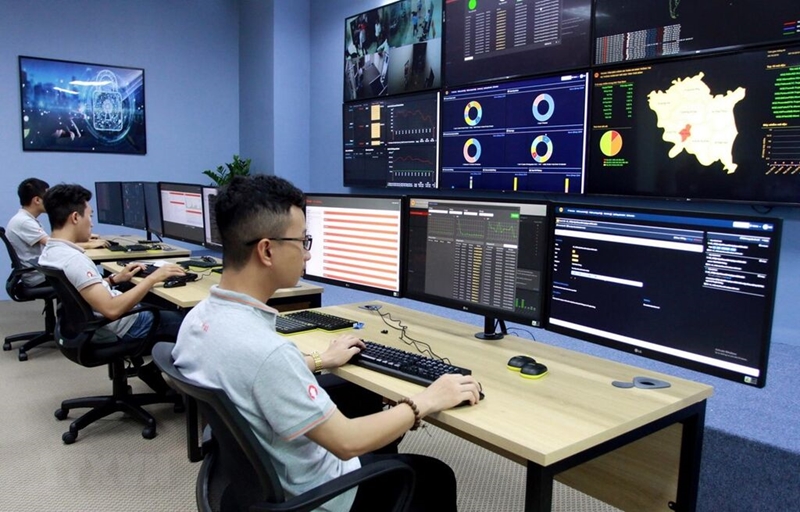Speaking to Vietnam News Agency correspondents in Prague, the expert observed that since the end of the Cold War, security concerns have shifted beyond the field of military to encompass climate change, energy and food shortages, epidemics, natural disasters, and transnational crime.
    |
 |
|
Vietnam proactive in addressing non-traditional security challenges (Photo for illustration) |
These threats, he stressed, directly affect human lives, so human security should be placed at the center. However, the state remains essential as a “hard shell” safeguarding sovereignty and territorial integrity. In Central and Eastern Europe, including the Czech Republic, major challenges include cyberattacks, terrorism, disinformation, climate change, energy security, and the rise of artificial intelligence (AI).
Hosoda noted that traditional and non-traditional security issues increasingly overlap, even forming complex “hybrid threats.” For Vietnam, apart from risks posed by cybercrime, organized crime, or energy security, unilateral actions in the East Sea (aka South China Sea) are also among challenges.
He praised Vietnam’s national strategy for preventing and responding to non-traditional security threats to 2030, with a vision to 2045 as a key advancement. He emphasized that its success will depend on flexible decentralization, early anomaly detection, and enhanced regional and global cooperation.
Vietnam’s "Four No's" defense policy, he opined, does not hinder its engagement in international cooperation in non-traditional security matters. He welcomed the Government's efforts in implementing the national strategy for response to non-traditional security threats, with a focus on climate change, disaster response, cybersecurity, information security, energy security, and water security, disease prevention, and organized crime. He highlighted these as essential to sustainable socio-economic development.
The expert also expressed confidence in the potential for deeper Vietnam–Japan cooperation, particularly in energy, resource security, and maritime safety, given both countries’ reliance on maritime transport.
He also recommended some measures for coping with these threats: early detection of irregularities, timely emergency response, and efficient resource mobilization. A highly centralized structure, he argued, may lack the agility needed, suggesting instead to utilize a more decentralized and adaptive approach to command, logistics and mobilization.
Finally, he stressed that no country can singlehandedly combat non-traditional threats. Vietnam, he said, should continue deepening cooperation within ASEAN while also expanding collaboration with global partners, including the U.S., China, Japan and the European Union. He concluded that non-traditional security is a shared domain where even states with divergent traditional security views can build trust and strengthen multilateralism in an increasingly unpredictable global landscape.
Source: VNA